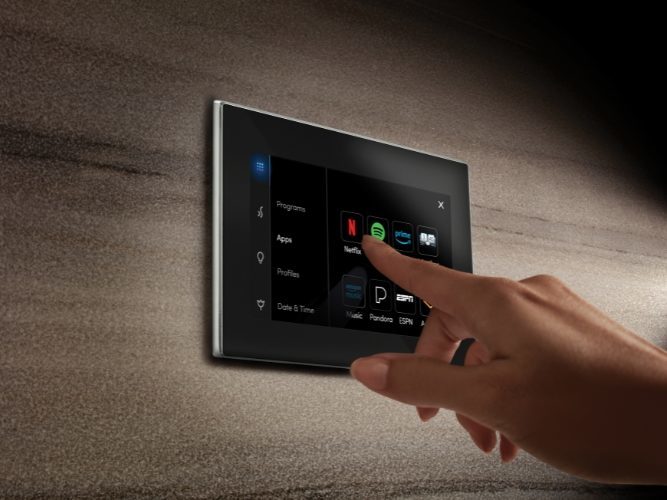A recent development in brain implant technology in China has allowed a monkey to control a robotic arm using only its thoughts to grab fruit. This innovative technology, known as a brain-computer interface (BCI), is based on a chip called Neucyber, developed by Chinese scientists independently.
The goal of BCI technology is to capture subtle changes in the brain’s electrical signals, interpret brain intentions, and enable control of actions through thoughts alone. This allows individuals to manipulate machines without physical contact. The Neucyber chip uses implantable electrodes made of flexible materials, reducing damage to the brain and ensuring stable signal acquisition over long periods.
This groundbreaking development offers hope for improved quality of life for individuals with disabilities, as experts believe that advancements in BCI technology could potentially help paralyzed individuals regain the ability to touch and grasp objects in the physical world. As this technology continues to evolve, it may have far-reaching implications for the future of healthcare and prosthetic devices.
The Neucyber chip is made up of high-capacity flexible microelectrodes, high-speed neural signal acquisition devices, and a generative neural decoding algorithm. These components work together to translate thoughts into actions seamlessly.
The monkey was trained using positive reinforcement techniques and was able to control the robotic arm with ease after just a few weeks of training. The researchers were impressed with the results and believe that this technology has the potential to revolutionize prosthetics and healthcare.
As BCI technology continues to advance, it will be interesting to see how it will impact society in the future. It could lead to new ways of interacting with machines or even change our perception of what it means to be human.
In conclusion, this recent development in brain implant technology represents a significant milestone in medical science. The ability to control machines using thoughts alone is an exciting prospect for individuals with disabilities and could lead to major breakthroughs in prosthetics and healthcare.
:quality(75)/cloudfront-us-east-1.images.arcpublishing.com/elcomercio/O44BT4R7XZE3ZAIBI2THCFLUXI.jpeg)
:quality(75)/cloudfront-us-east-1.images.arcpublishing.com/elcomercio/SHZS63UVUVBIHKYXCRRMDXZQHI.jpg)
